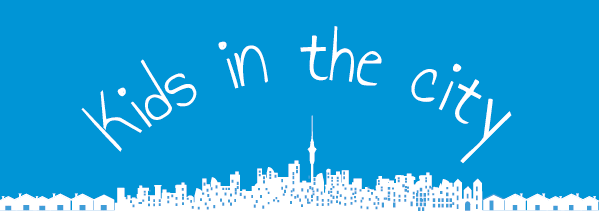For the past decade our multi-disciplinary research team — a cross institutional group from SHORE and Whāriki Research Centre (Massey University), the University of Auckland and Auckland University of Technology (AUT) — has been investigating the wellbeing of children in Auckland city. Using innovative new technologies such as geographical positioning systems (GPS), accelerometry and GIS in conjunction with qualitative methods, we are bringing together spatial and social aspects of children’s lives to understand how urban environments impact on the wellbeing of the children who live in them. The aim of our research is to ensure the wellbeing of children is to the fore in urban planning, particularly in the face of increasing urban intensification. The suburban component of our Kids in the City study (funded by the Health Research Council, 2010-2013) investigated children’s mobility (unsupervised play and travel) and physical activity in six suburban neighbourhoods, along with children’s and parents’ neighbourhood perceptions. The inner city component (funded by the Marsden Fund, 2011-2014) also explored margins for change in parental safety discourses which limit children’s everyday independent mobility. In both studies, objective measures (GPS, accelerometers and trip diaries) were used to assess independent mobility and physical activity levels. Neighbourhood perceptions were accessed through ‘go-along’ neighbourhood walking interviews and discussion groups with children and interviews and discussion groups with parents. These two Kids in the City research projects were preceded by a 2008 pilot study, Living with Kids in the CBD. Funded by BRCSS (Building Research Capacity in the Social Sciences), this study explored characteristics of intensive urban environments which support family wellbeing. During 2011-2013 three follow-up projects (funded by the Massey University Research Fund) enabled us to further our understanding of children’s neighbourhood perceptions and the role of outdoor play as a specific component of independent mobility and physical activity; to explore the use of SenseCam images to better characterise neighbourhood environments; and to investigate the methodological possibilities of children researching their peers on aspects of inner-city living. A further project, Neighbourhoods for Active Kids (NfAK), funded by the HRC (2014-2017) is now underway and research begins at the end of 2015 on Enabling Participation for Disabled Children and Young People (also funded by the HRC, 2015-2018). Discussions with Auckland Council and other dissemination of our findings are on-going.





